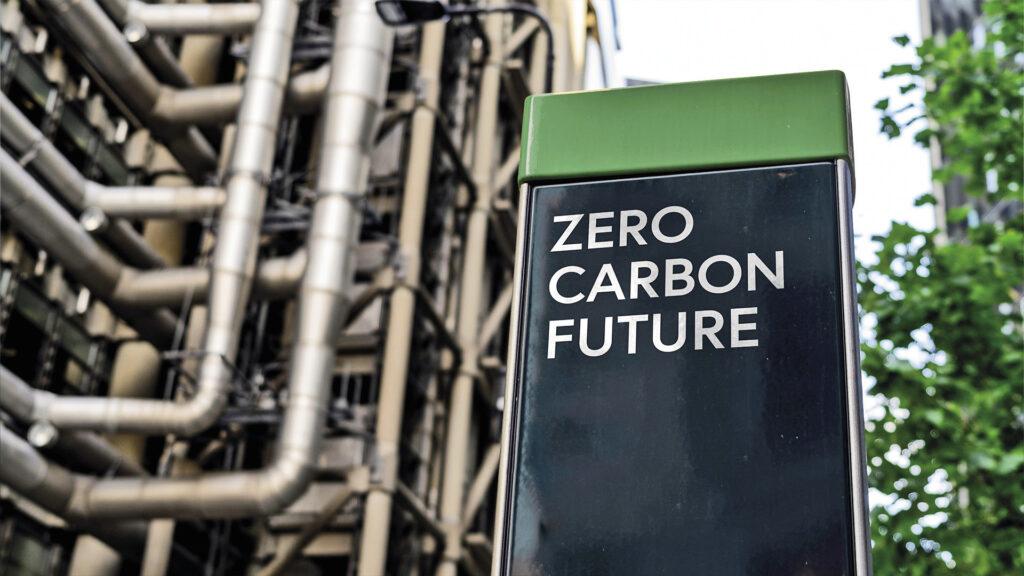Although their economic optimism has doubled, nearly half of CEOs say change is needed
According to the 27th Annual Global CEO Survey, recently published by PwC in Davos, CEOs’ expectations of an economic downturn have dropped to 45% from a record 73% in last year’s survey, while exposure to inflation and macroeconomic volatility has also fallen to 24% (from 40% and 31%, respectively, in 2023).

This article is available for reading in Trade magazin 2024/2-3
“As CEOs are becoming less concerned about challenges with a shorter time horizon (e.g. macroeconomic challenges), they are increasingly able to focus on disruptive and longer-term factors within their industry”, Szabolcs Mezei, Partner at PwC Magyarország summarises the key findings of the survey.
Western Europe and North America are more pessimistic
In most parts of the world, CEOs are more optimistic than pessimistic about the domestic economic outlook. However, executives in North America and Western Europe don’t follow this trend: in Western Europe 32% expect the domestic economy to grow, while 48% expect it to contract; in North America these two proportions are 31% and 52%, respectively. CEOs are increasingly aware of global megatrends and their influence on businesses. Although the trajectory is positive, optimism is cautious, mainly due to megatrends – including technological changes, typically generative artificial intelligence (AI) and climate change.
AI as a catalyst for innovation
CEOs see the potential in generative AI more and more, with 70% of those surveyed believing it will significantly change the way they create value over the next three years. They are also optimistic about the short-term impact of AI, with 58% expecting it to improve the quality of their products or services, and 48% saying it will increase their ability to build trust with stakeholders in the next 12 months. Business leaders are increasingly looking for the transformative benefits of generative AI, and 69% think this will require the upskilling of workforce.

The survey shows strong support for decarbonisation
Integrating decarbonisation into financial planning is still a long way off
CEOs are on track in delivering on their climate commitments, with 76% having already taken steps to improve energy efficiency, and 58% having made similar progress in innovating new climate-friendly products, services or technologies. However, only 45% reported that they have integrated climate risks into their financial planning (and 31% have no plans to do so). The survey shows strong support for decarbonisation, with only 26% of respondents saying that board or management resistance is a moderate or significant barrier to this.
Re-planning and efficiency improvements needed
Nearly all CEOs (97%) noted that they have introduced measures to change the way they create value and deliver services in the past five years, and 76% have introduced at least one measure that has had a significant impact on their company’s business model. However, change creates a number of challenges for business leaders, and one of these is inefficiency. CEOs see major inefficiencies in their company’s routine activities, from decision-making meetings to e-mails – around 40% of the time spent on these tasks is considered inefficient. PwC’s conservative estimate is that this can lead to productivity losses of up to USD 10,000bn. //
Related news
Google and German Retail Association Launch AI Training Initiative
Google and the German Retail Association (HDE) have announced a…
Read more >What makes us add the product to the cart – research
The latest joint research by PwC and Publicis Groupe Hungary…
Read more >Spanish Eroski stays on course thanks to AI and private labels
Despite higher costs, supermarket group Eroski ended the quarter with…
Read more >Related news
Temu has already targeted the European food market
The Chinese-rooted Temu is posing an increasingly serious threat to…
Read more >Irrigation water resources equivalent to one-third of Lake Balaton are available
Despite the extraordinary drought and lack of precipitation, we can…
Read more >Free irrigation water provided to farmers is a key element in the fight against drought
Free irrigation water provided to farmers is a key element…
Read more >






